★★★ | The changing of the guard
THE CROWN, Netflix’s hit show that continues to captivate audiences worldwide, returns for a fourth, now transitional season. After the tumultuous cultural upheaval of season 3, the royal family finds themselves at odds with the emerging world of the 80s, where their insistence on tradition and perpetual servitude is at odds with society as a whole.
Naturally, considering what her status signifies, Elizabeth cannot become an active figure in the proceedings. For the first time in the series, the act of not changing becomes akin to casting yourself as a villain.
With the country divided before their new prime minister, Queen Elizabeth has to face the fact that it’s a kingdom leaving her further behind each passing day. As Prince Charles falls for the young new debutante, Diana, the royal facade grows even more turbulent, leading to lasting consequences.
The relationship between Queen Elizabeth and Margaret Thatcher is one of the season’s major driving forces. Gillian Anderson, playing Thatcher, is divine, imbuing the character with the pathos and nuance the script doesn’t. Their arguments are brilliant, but more than ever, it feels like the show makes the leap from speculative fiction to outright fantasy in a number of places.
Most notable is the implication that Thatcher, a vile neoliberal who damaged Britain in ways that still linger, did what she did because of complicated daddy issues. Whether it’s launching the Falkland War over worry of her missing son or openly weeping at the thought of being nothing if not a leader, THE CROWN too often dives into moments of Sunday-psychology that does nobody any favors. Least of all Thatcher, who should be allowed to fail on her own demerits – not because of sexist tropes.
Not that the series hasn’t done this before. Elizabeth is a walking complication of daddy issues and PTSD. Still, being one of the main point-of-view characters, she is allowed far more subtlety than anyone else. It helps that Olivia Coleman is a national treasure, capable of expressing years of grief and doubt in a single withering look.
It’s Peter Morgan, the creator and lead writer of the show, who can’t help but fall back on tired clichés in depicting both Elizabeth and Thatcher now that history has caught up with them. Previous seasons of THE CROWN excel because they paint a portrait of reminiscence, not reality. The series has always romanticized the past, especially the upper class’s wartime efforts, and has gotten away with it as people grow happy to ignore the past.
One of the season highlights comes in an episode not dealing with the royal family, instead focusing on a working-class intruder who managed to break into Buckingham Palace for a chat with her majesty. Apart from the break-in, the entire scene is fiction, and Morgan is all but too happy to paint the intruder as a hero of the people, stretching the truth somewhat, to put it mildly.
A lot of this has to do with Morgan finally wanting to espouse his inherent distaste for the royal family in full. Even Elizabeth, formerly the keen center of our affection, comes off as a villain when introduced to the potential new lady of the throne – Diana. Coleman plays the aging monarch painfully oblivious, either by necessity or accident. The show takes every chance it gets to highlight how such unwillingness to act damages everyone around her.
History tells us how this tragedy ends, but Morgan doesn’t feel particularly interested in Diana as a person, despite a winning performance by actress Emma Corrin. Instead, she comes off as a manic pixie dream girl, until she isn’t, and there’s little mentioned about the physical and emotional distress caused by the royal family over the years.
One brilliant and haunting moment stands out. As security escorts Diana from her old life to what awaits in Buckingham Palace, she glances back at her friends. They recede into the distance as Diana’s viewpoint descends further down a spiral staircase, implying something more sinister than the heaven she’s expecting.
There are implications of greater malice, including some profoundly distressing scenes of bulimia, but the series carefully skirts around her reported self-harm and anguish. It’s an odd choice, especially considering how, at one point, a member of the royal family outright threatens her, saying, “if you break away, it won’t end well for you.”
Similarly, it’s Josh O’Connor, as Prince Charles, who has to do the heavy lifting to fix the clunky writing. An early tell that this season is more of a clunker than most comes early on, after a sudden death in the family. Charles and Phillip go at each other just before the funeral, and in place of subtle bitterness, the duo underlines the subtext repeatedly to the point of tediousness. “He was like a father to me,” Phillip mourns. “Then he took you as a son.” Charles looks away sadly. “He replaced me,” Phillip continues. “You replaced me.”
Tobias Menzies is mesmerizing as Phillip, and it’s important to note just how much work he’s putting in to make turgid writing like this stand out as an important and memorable beat.
Visually, the series is a crown jewel in the Netflix catalog. It is a brilliantly crafted series that looks authentic in every scene, from the directing to the set design. But such fidelity brings responsibility, especially when toeing the line between docufiction and fabrication. Multiple episodes end with codas explaining what happened next, but these are truncated points of view, designed to outrage rather than elucidate.
None of this means that THE CROWN is a bad show. It is still an eminently watchable, annoyingly well-made series that any network would kill to have on their roster. There is scarcely anything like it out there, and it proves year after year that Netflix is a production house worthy of praise.
As the fourth season draws to a close, we say goodbye to the current cast once again. Imelda Staunton picks up the royal duties when THE CROWN returns next year. The idea is the show will go on until the very present, hopefully, to exist for a brief window in time as a vivid biography of her majesty while she still lives.
But what is that biography, to be exact? THE CROWN has always gone for the juicier melodrama over historical fact, and season 4 is more than willing to ignore reality if there’s a more scandalous option on the table. If it wants to be an indictment on the necessity of royalty in modern society, it’s far too lenient as a portrayal as well.
Instead, the series sits at a crossroads between engaging soap opera and distracting moralizing, neither of which sits well with one another. If it is to deliver a rousing conclusion, one that ties together half a century of monarchy and generational trauma, Morgan needs to decide just who is his subject. Is it Elizabeth, The Queen, or Lillibeth, the convenient fictional ruler, who bears a passing resemblance to history, when viewed from the right angle?


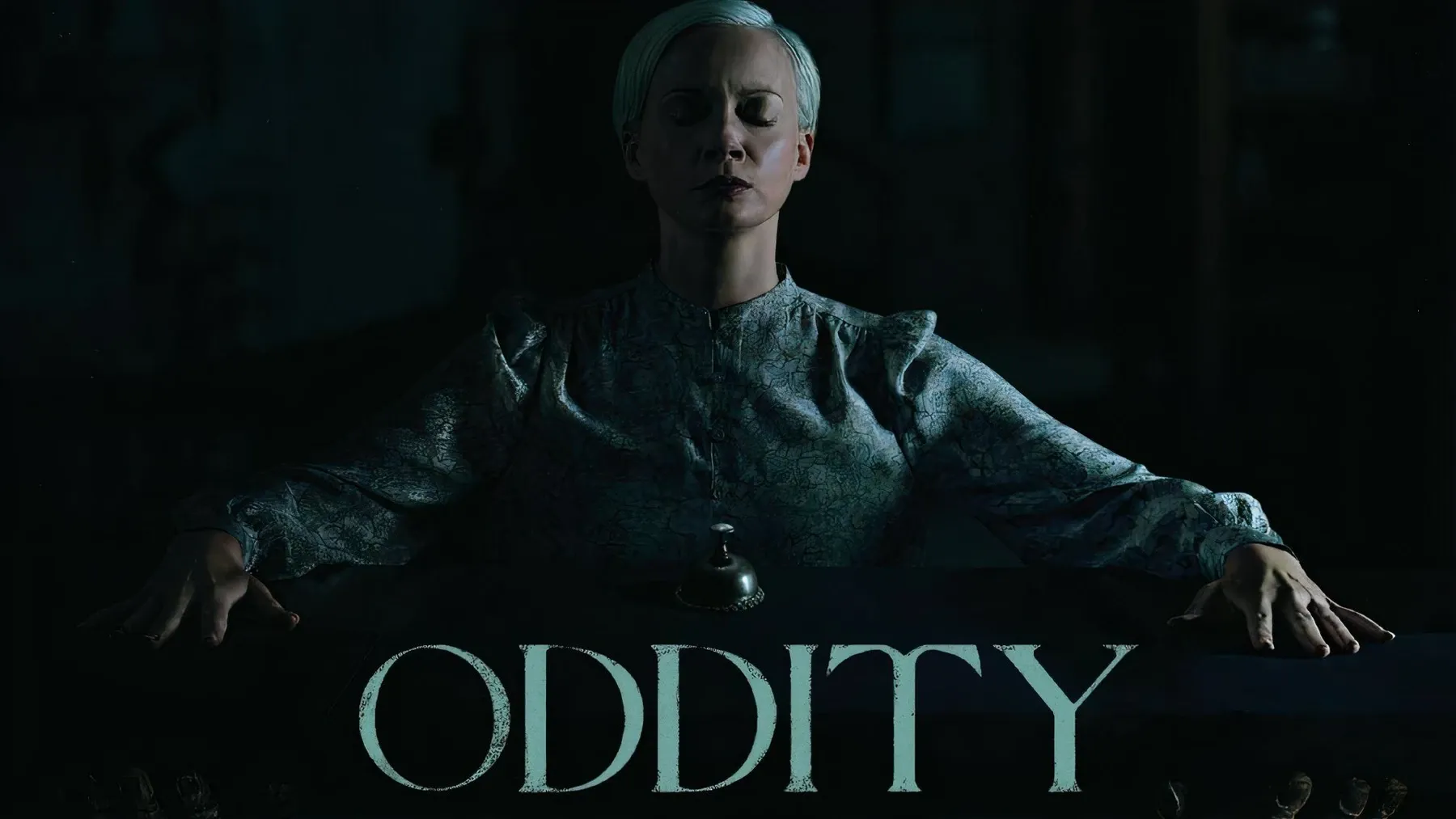

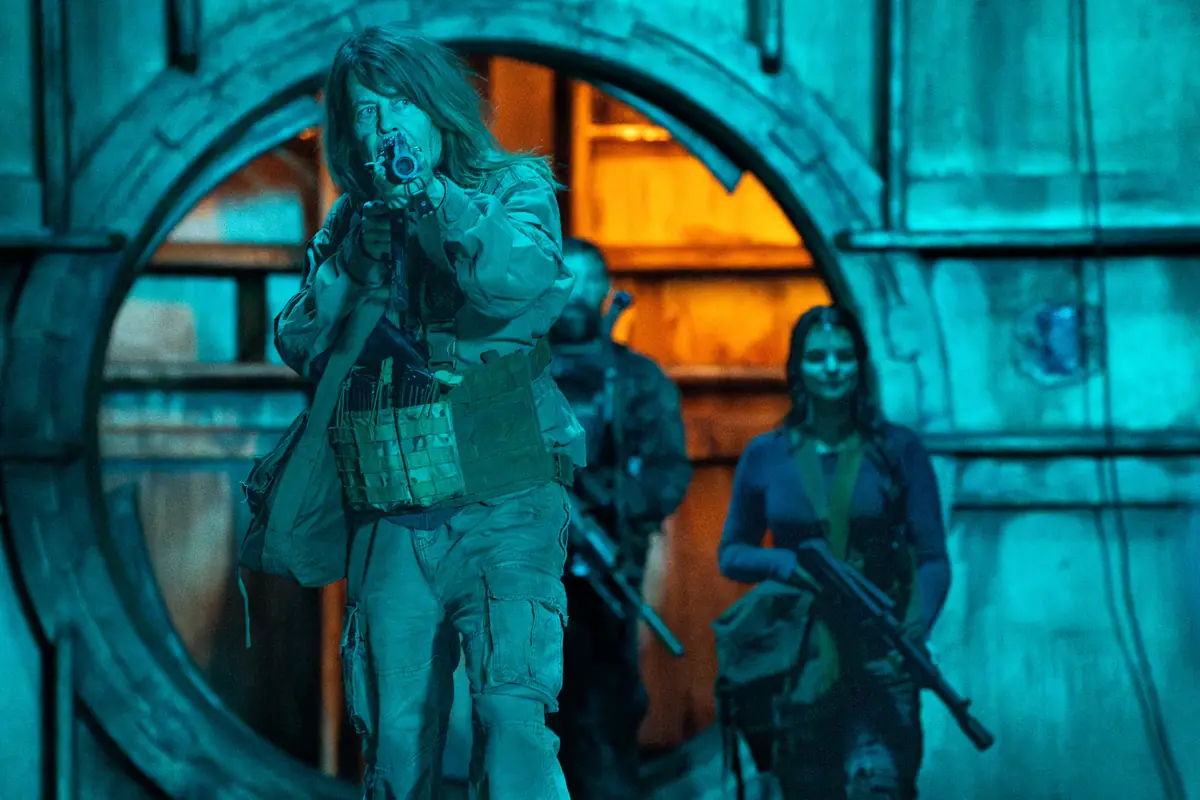

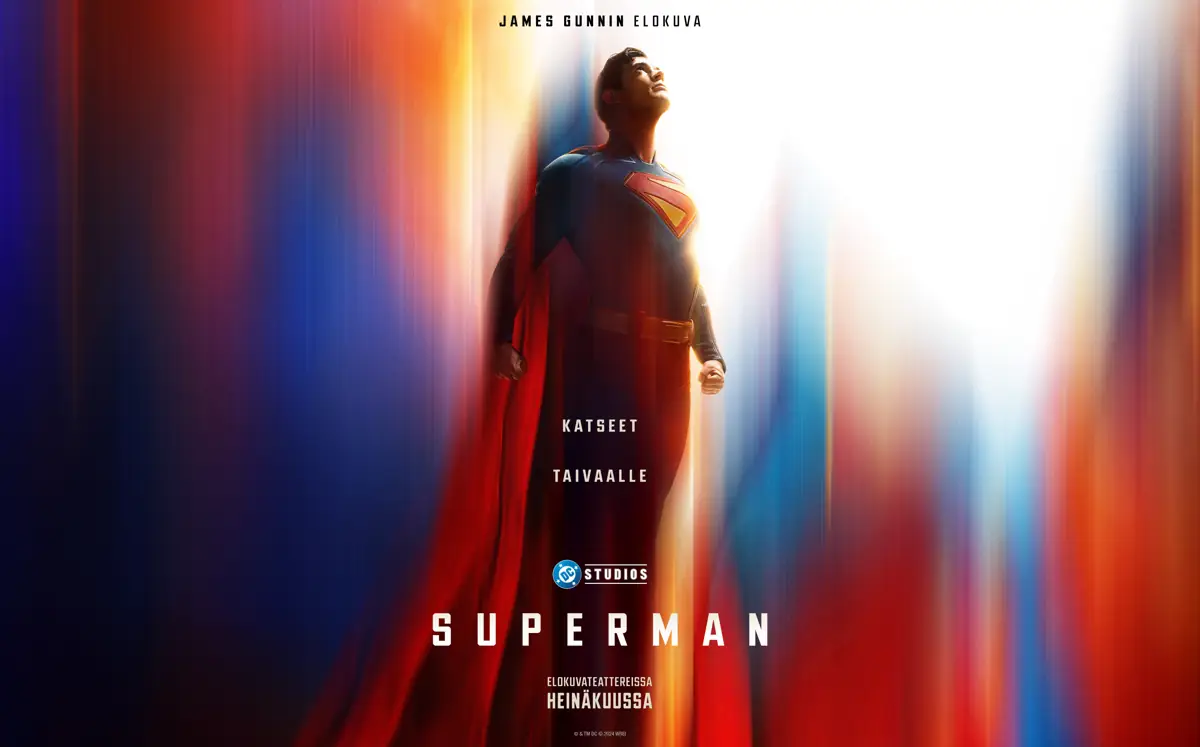

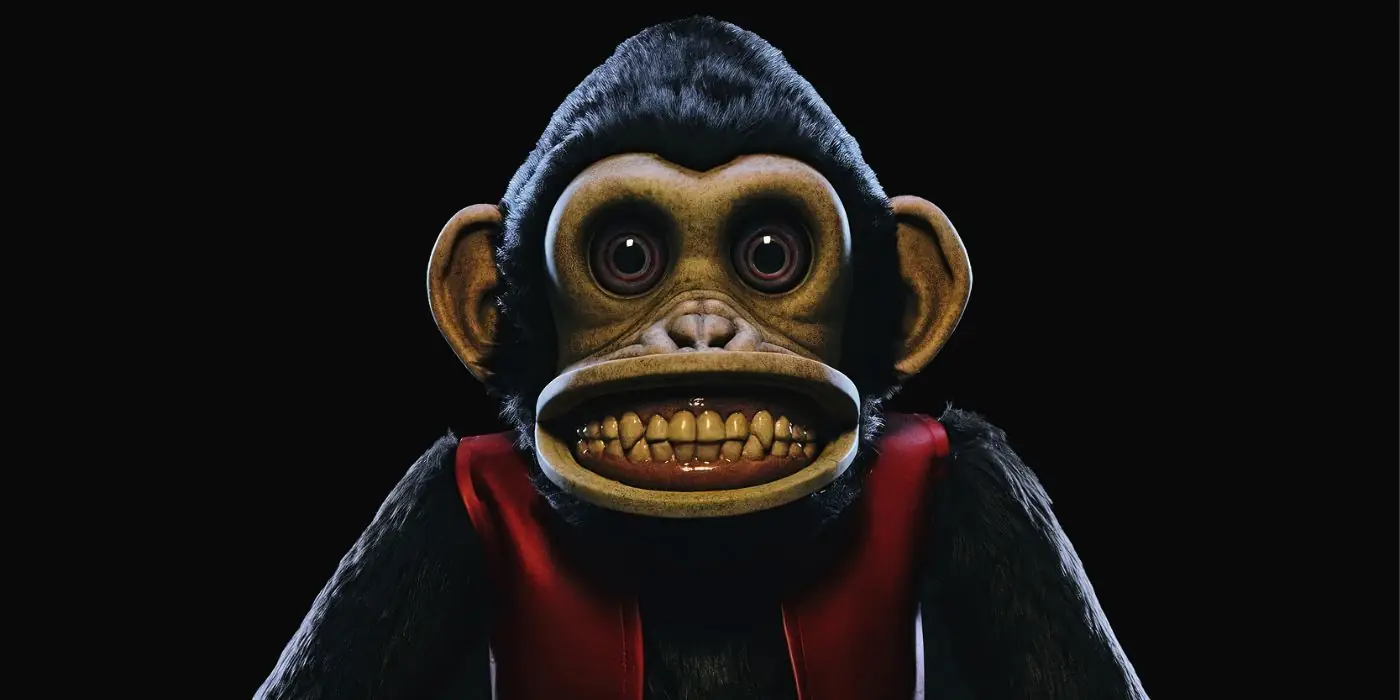
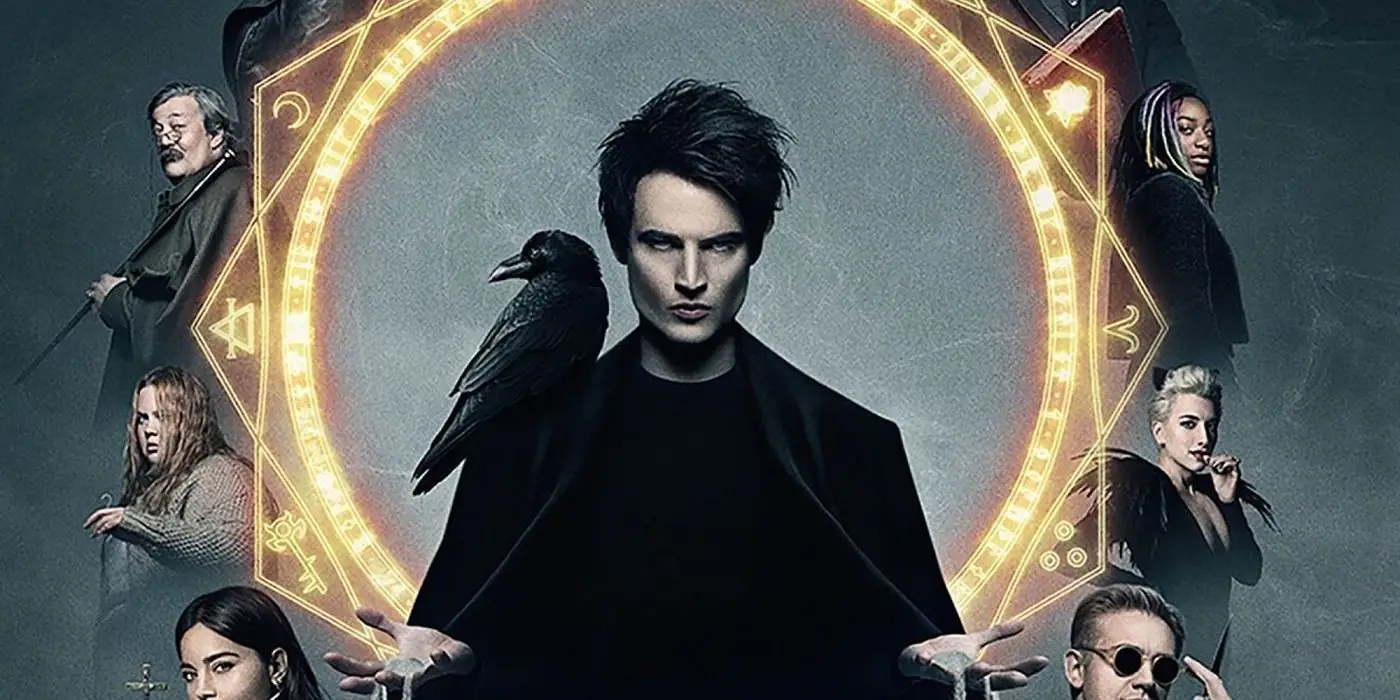
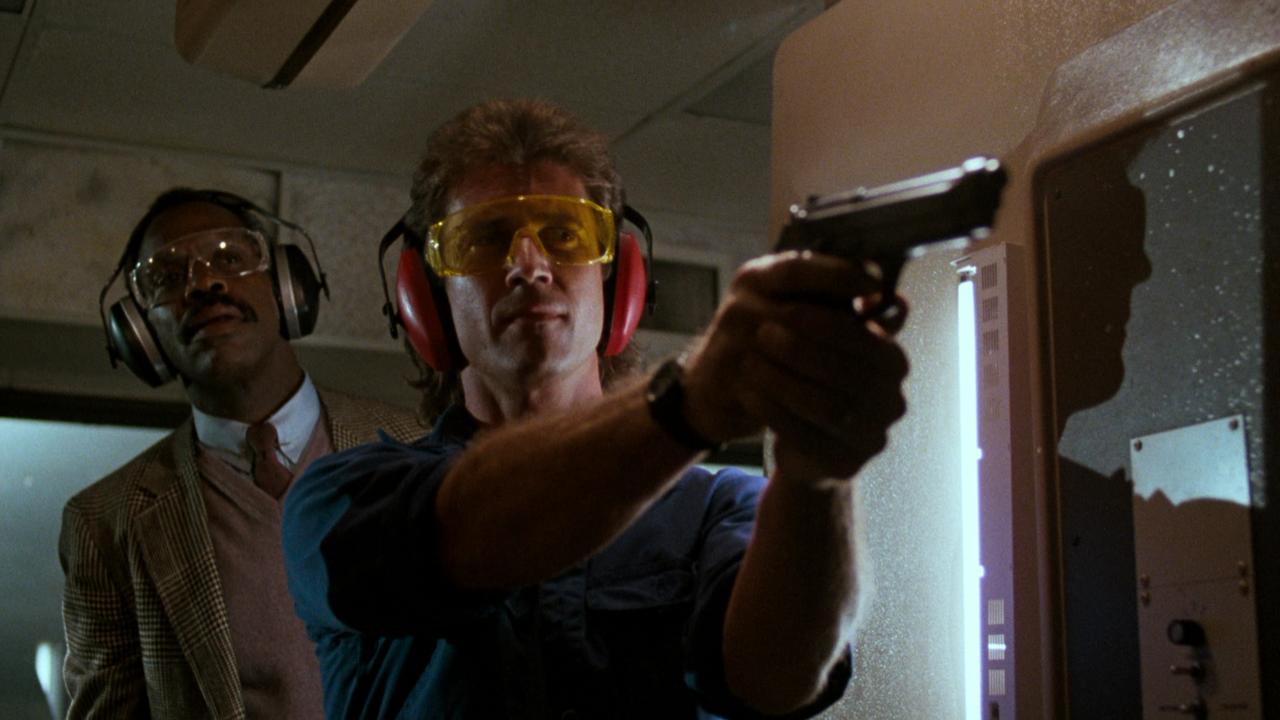


Discussion